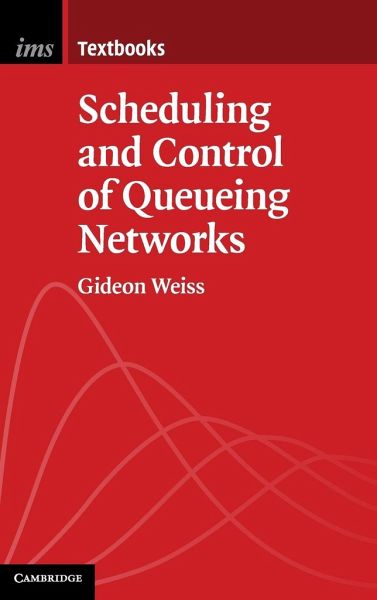
Scheduling and Control of Queueing Networks

PAYBACK Punkte
64 °P sammeln!
A graduate text on theory and methods using applied probability techniques for scheduling service, manufacturing, and information networks.


Rechnungen
Bestellstatus
Retourenschein
Storno